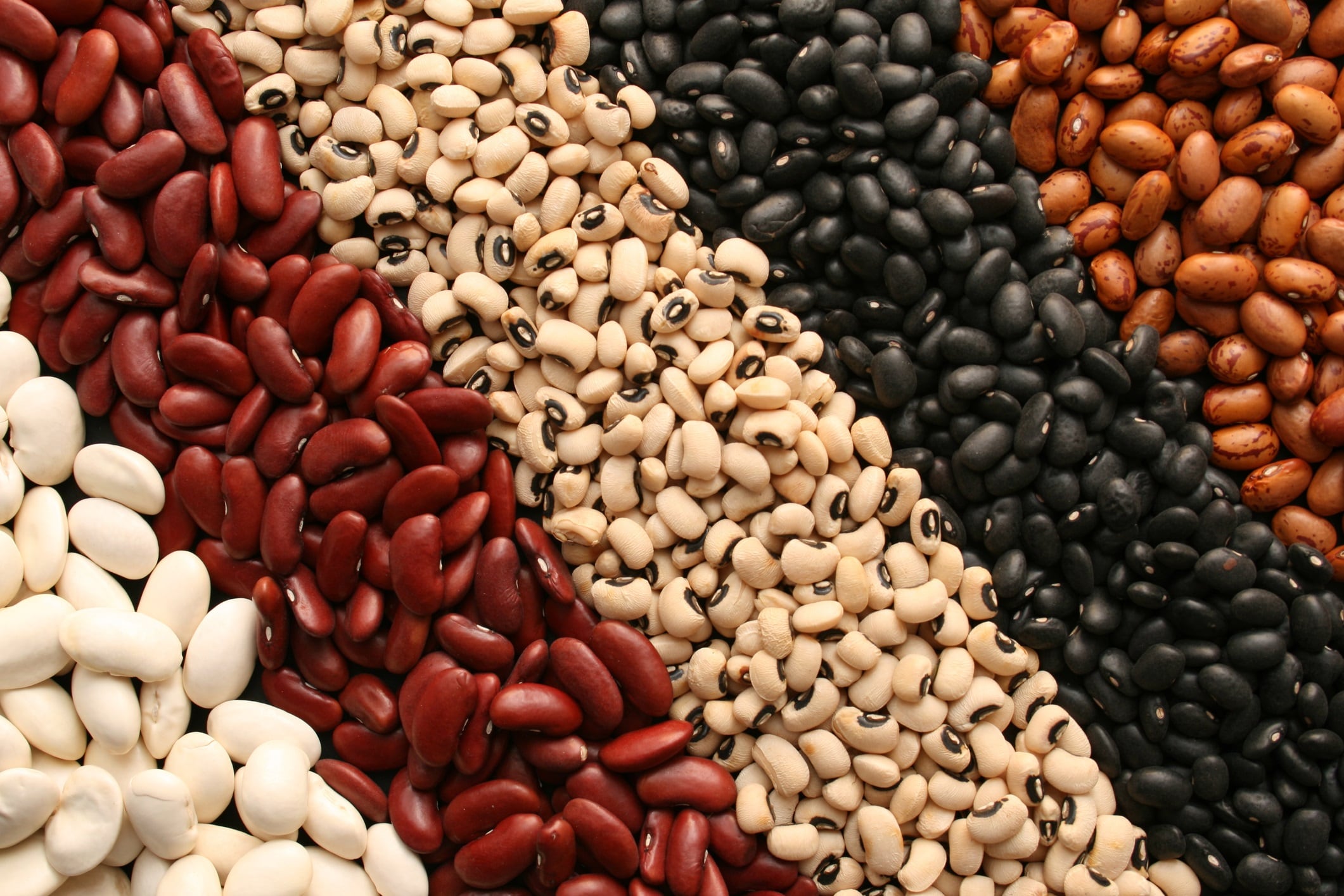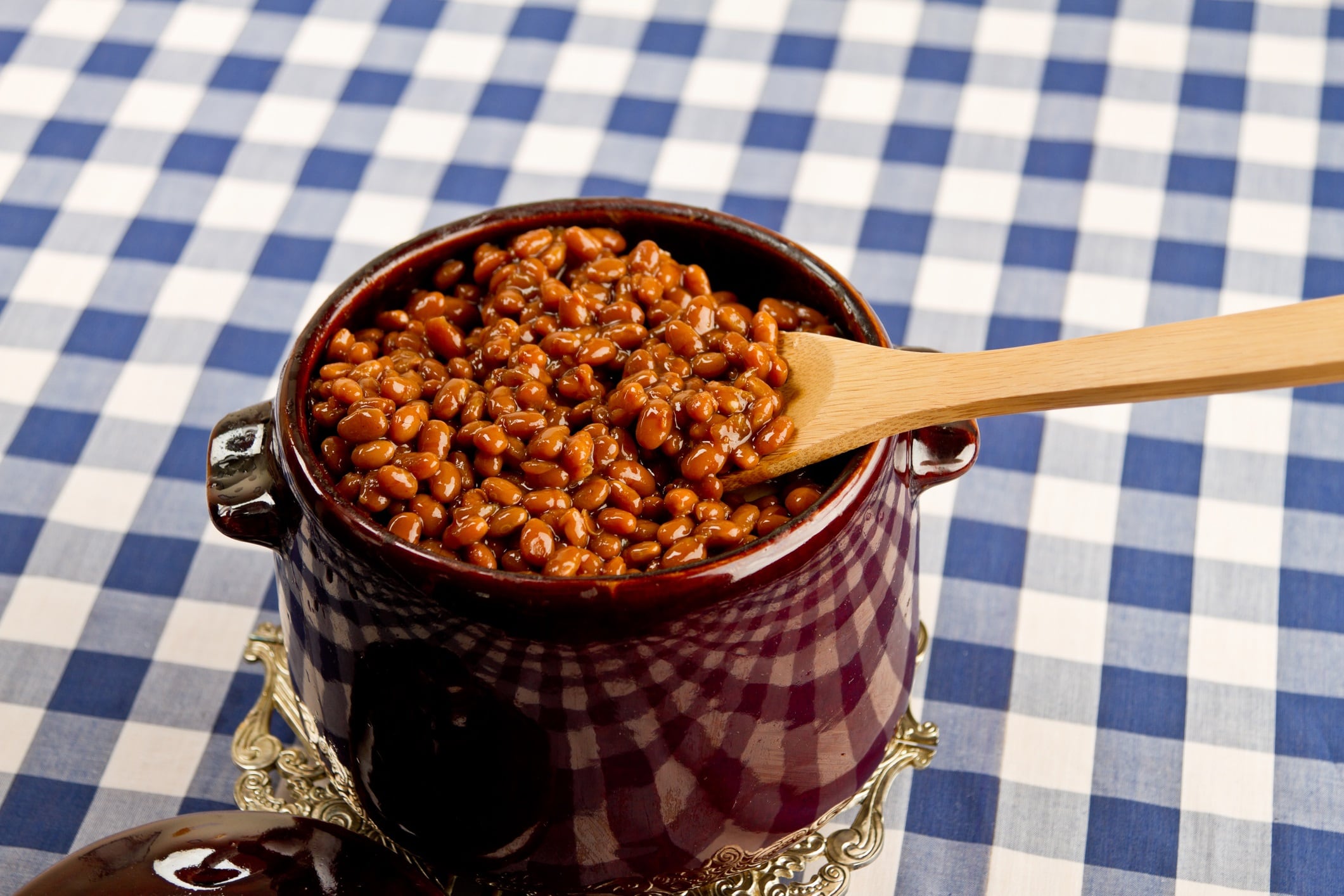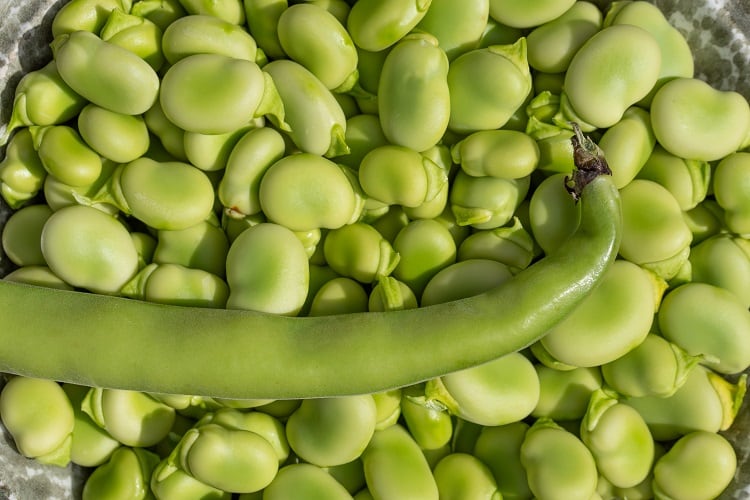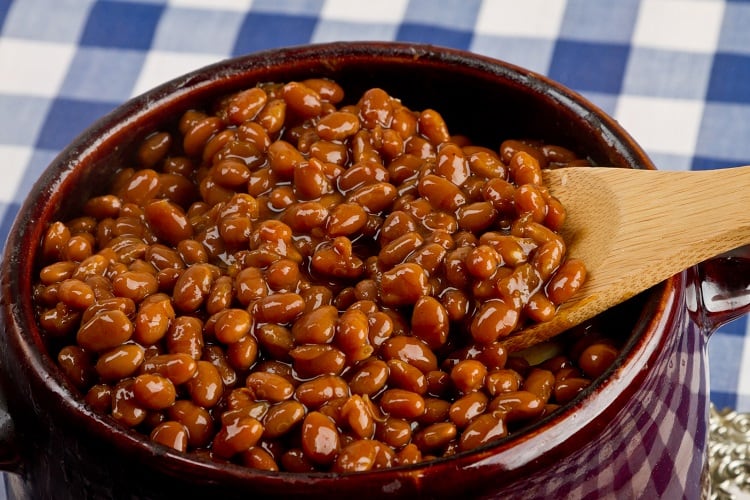The market for beans has always been strong, particularly in Latin American, Caribbean and African nations, where rice and beans is a staple dish.
But recent years have seen notable growth in the European and US markets, as the health benefits of these fibre-rich legumes become more widely recognised.
In fact the global dry bean market, currently valued at $7.69bn (€6.66bn), is expected to reach $10.01bn by 2030 (Mordor Intelligence), as consumers rush to buy them and any products containing them.
“The dry beans industry is witnessing a transformative shift driven by changing consumer preferences and dietary habits worldwide,” says a spokesperson for Mordor Intelligence.
Such is their popularity that start-up brand Bold Bean Co, which entered the sector just four years ago, is not only surviving in the already popular space but thriving.
Founded by Amelia Christie-Miller, Bold Bean Co sells gourmet varieties of pulses, and enjoyed a 259.5% growth in sales last year alone.
Health benefits of beans
Beans, including haricot beans, kidney beans, black beans and pinto beans, are full of gut-supporting fibre, and a whole range of nutrients, including iron, magnesium, potassium, zinc, vitamins B6 and B9, calcium, and manganese.
“Fibre is particularly important for the gut microbiome, the collection of bacteria, fungi and viruses that live in the lower intestine,” says Dr Emily Leeming, microbiome scientist and author of Genius Gut. “Fibre feeds gut bacteria and they produce beneficial molecules called short-chain fatty acids that have a powerful effect on health, from appetite to mood. They’re one of the best foods we can eat for our health.”
Added to that, it’s also believed that eating beans could help to prevent diseases such as colorectal cancer.
And a new study is looking at their potential to fight diabetes and heart disease.
“Individuals with prediabetes often exhibit impaired lipid metabolism and chronic low-grade inflammation, both of which can contribute to the development of conditions like heart disease and type 2 diabetes,” says Morganne Smith, a doctoral candidate at Illinois Institute of Technology. “Our study found that bean consumption helped significantly lower cholesterol and reduce inflammation in people with prediabetes, although glucose levels were not changed.”

Good for the planet
As well as winning consumers over for their health benefits, beans also score highly for their sustainable credentials.
Known as nitrate fixers, they naturally replenish the soil with nitrogen, meaning there’s less need for chemical fertilisers.
Bean crops also require less water than many other crops, or protein sources such as meat and poultry.
“The increasing adoption of plant-based diets and the growing demand for sustainable protein sources have positioned dry beans as a crucial component of the global food system,” says a spokesperson for Mordor Intelligence.

Innovation and NPD opportunities
When it comes to beans in food and beverage, the possibilities really are endless. They can be sold as an ingredient for consumers to add to their own dishes, be added to pre-prepared soups, salads and stews, and can even be used in desserts.
“Desserts made with beans and lentils are rising in popularity,” says nutritionist Chelsey Amer. “These healthier treats use beans and lentils instead of flour, without sacrificing taste.”
And chocolate manufacturers are looking to beans as a potential replacement for cocoa.
One of the key flavour components in chocolate comes from a seed storage protein found in cocoa called vicilin. “When that vicilin is broken down, and the peptides roasted, you get chocolatey flavours,” says Dr David Salt, co-founder of Nukoko, a brand innovating to make chocolate cocoa-free.
Protein powders and bars are also utilising beans as a vegan-friendly, natural and sustainable protein source.
“Faba beans have the same protein content as whey isolate,” says a spokesperson for protein powder brand Pulsin.
Suffice to say, the bean industry is booming, and it just keeps getting bigger.





